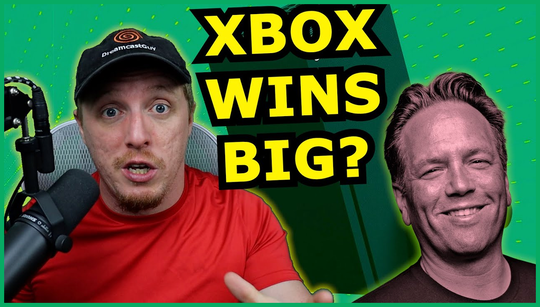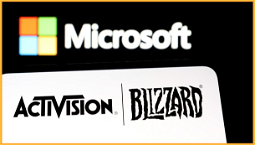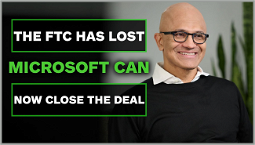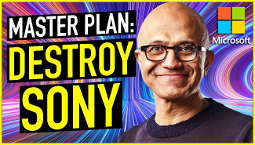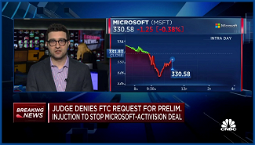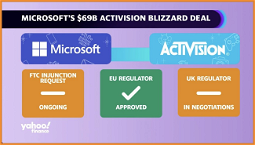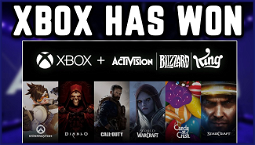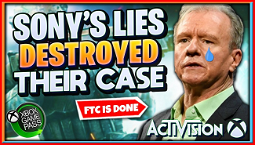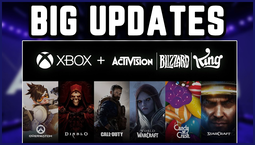Microsoft acquires Activision Blizzard
Microsoft and Xbox have overcome a significant obstacle in the FTC ruling to acquire Activision Blizzard, as PlayStation's decision to put all its eggs in one basket proved to be a costly mistake. In a ruling that stressed the importance of Call of Duty, Xbox plans to profit from the favourite FPS game through sales and microtransactions, as the deal will help Microsoft cement its place as a cloud gaming powerhouse.
Polarising ruling
This ruling is polarising, and it’s hard to root for or against either Microsoft or Sony. In some ways, it feels like we’re cheering for the footballification of gaming consoles — a term that, while perhaps a bit overblown, becomes dangerous when massive acquisitions are involved.
In other ways, the acquisition is concerning because it represents further consolidation, and could lead to even fewer creative outlets for the talented artists working at Activision Blizzard studios. It also poses risks to job prospects and consumer options.
You’ll notice I haven’t mentioned Sony’s side of the story at all. That’s because it was the aggressor in this case, with the FTC ruling heavily relying on biased testimony from Jim Ryan, the head of PlayStation. Internal emails revealed that PlayStation was reassured about Call of Duty staying on its platform, but still decided to pull the largest shooter game out of the deal.
Microsoft only needed to prove that it would share Call of Duty to clear the entire deal, and it did so in a way that never actually brought up any of Sony’s points. The PlayStation boss even went as far as to call it a “wholesale betrayal of trust,” and it’s hard to disagree with that sentiment.
Far-reaching consequences
This ruling will undoubtedly please Xbox fans, while PlayStation fans hope for upcoming game reveals to turn the tide in what has become a war of attrition. This ruling has far-reaching consequences beyond console rivalry, as it’ll impact smaller studios and developers as well.
This case was billed as “the largest case in tech history,” and it didn’t feel like it. Sure, it was big, but it felt like Judge Corley was trying to fit the behaviour of large tech companies into a box that was created for smaller players. This ruling is a big step in setting precedent for how Microsoft, Sony, and other tech giants should be regulated.
Beyond that, it felt like cloud gaming was just an afterthought throughout the case, which is surprising because it should’ve been a focal point. Call of Duty is one of the biggest console franchises in history, and the ruling mentioned it so frequently because Xbox plans to make a lot of money off it.
In fact, the company has already started selling Call of Duty: Infinite Warfare on its OnLive service, which is a cloud gaming platform. It wasn’t mentioned in the decision, and it seems like it was an afterthought, but it’s there, and it’s real.
